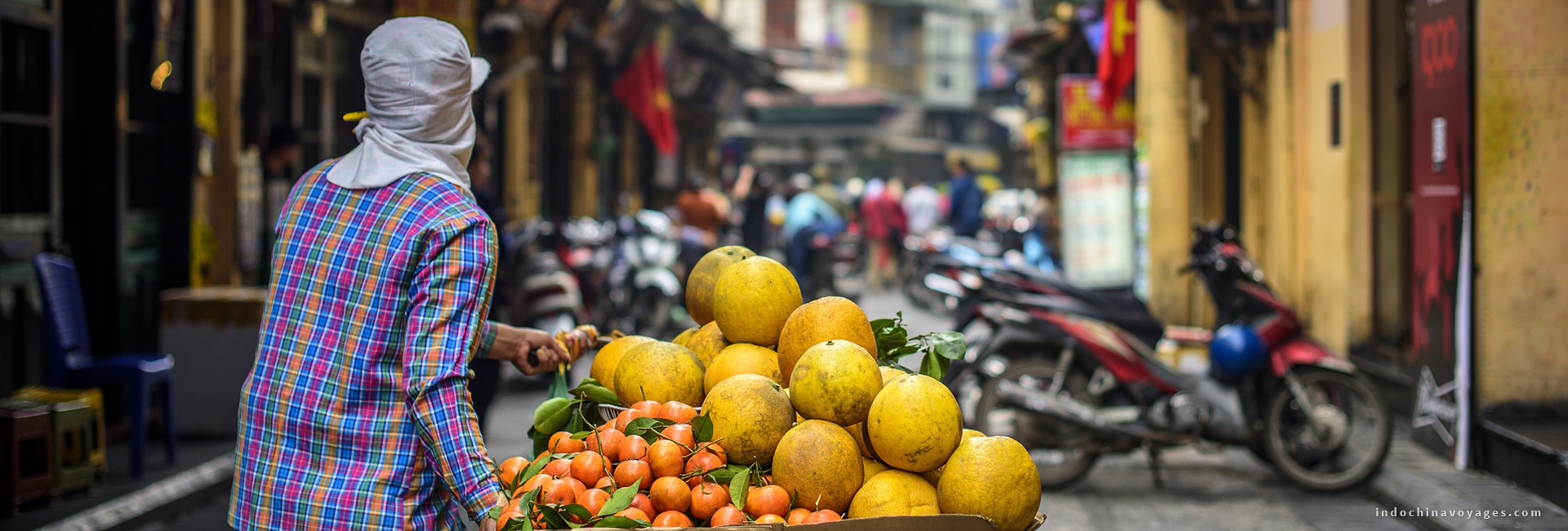Culture differs from region to region, this is the reason why we need to learn and follow the rules whenever we travel to a novel place. In Asia, especially in the Southeast region, bargaining exists in daily life but it might be strange and impolite for foreigners when they first visit any country here. No more worry, because after reading this, you will be able to grab the ideas of bargaining in Vietnam – one of the most charming and well-known countries in Southeast Asia. Eventually, you can apply those tips for neighboring countries too.
Why bargain in Vietnam?
Everyone in the world wants to get a good deal when purchasing one item. But in Vietnam, bargaining happens more often as people have the habit to negotiate the price even over little things; such as when they go to the outdoor markets every day to buy food and supplies. When tourism starts to bloom rapidly and a huge number of travelers flock into the country, sellers at big markets tend to mark up the prices 0f the products offered to the foreigners. Tourism brings opportunities for the locals to earn their living better than before and they think that selling products to tourists can be super profitable.

However, it would be unfair to get it wrong with the Vietnamese people in general when it comes to bargaining because their mindset is due to the culture partly. Most of the Vietnamese people are friendly and hospitable, thus, it would not be so tough for you to practice bartering and success.
Tips for bargaining in Vietnam
Understand well the currency and exchange rate
Before shopping, it is a must that you remember the exchange rate well. If you are not good at math, you can always get support from a calculator on your phone. All you need is to know the Vietnam currency and its current exchange rate. Besides Vietnam Dong, the US Dollar is widely used in market places. Other currencies such as British Pound, Euro can be exchanged into local money but are hardly used by the sellers when making transactions.
It is crucial to know the exchange rate between the US Dollar and Vietnam Dong, as in various cases, the sellers round up the amount which might make you pay more in USD than in VND. For example, a T-shirt costs VND100,000 equals to around US$4.3 but if you pay in USD, you would be required you to pay US$5.
In some situations, you can even make mistakes between the local notes. The VND10,000 and the VND200,000 note or the VND20,000 and VND500,000 note can be mixed up. Especially when you are not familiar with them or when you are in the places that lack light. Hence, be careful with this.
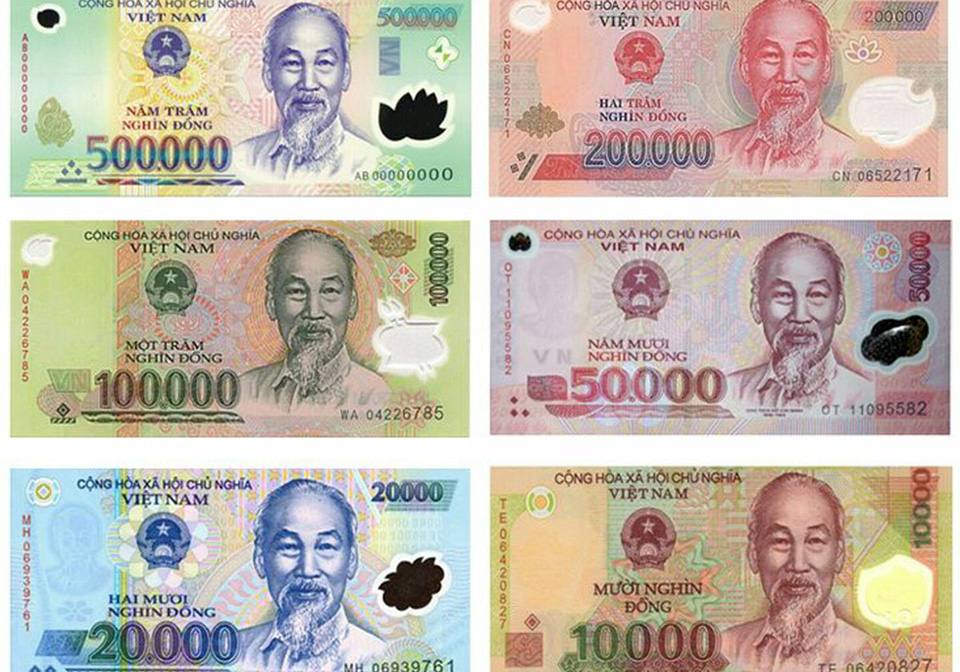
Skim through the prices before making purchases
The same item is sold not only at one shop but at many shops; therefore, you are advised to scope out the approximate or average price of the whole market first. If you rush to make the purchase, it is likely that you obtain an item at an expensive price but it might not be of the best quality.
In addition, when you are doing the market survey, it is a good tip to observe the surrounding environment which includes other buyers. Look at the process other buyers negotiate the price and see if they can get the item at what price. After that, I believe that you will be more confident to start battering with the seller.
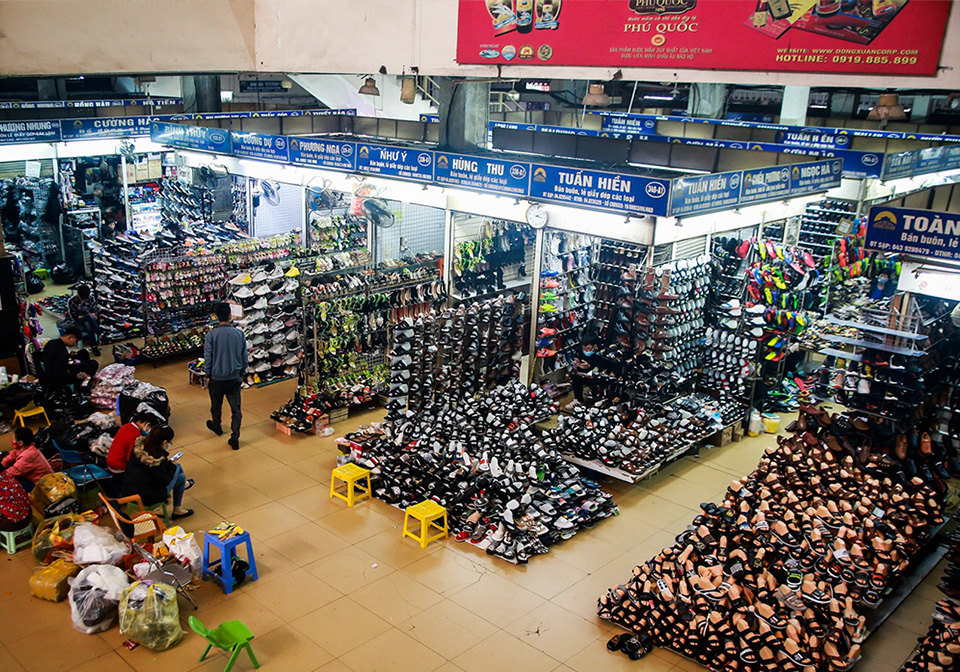
Learn some Vietnamese sentences
It is always a good idea to learn a few words or sentences before you travel to another country. Who knows when the local language will become handy for you? English is not commonly spoken in Vietnam, the more remote areas you travel to, the fewer people can speak it. As a result, make sure that you learn a few and of course very simple sentences to bargain such as:
- Hello – “Xin chao”
- Thank you – “Cam on”
- How much – “Bao nhieu”
- Too expensive – “Dat qua”
In big cities like Hanoi or Ho Chi Minh, almost all sellers in central markets can speak conversational English. Nevertheless, if they find out that a tourist can speak some local words, they might be more easy-going and easy to persuade.
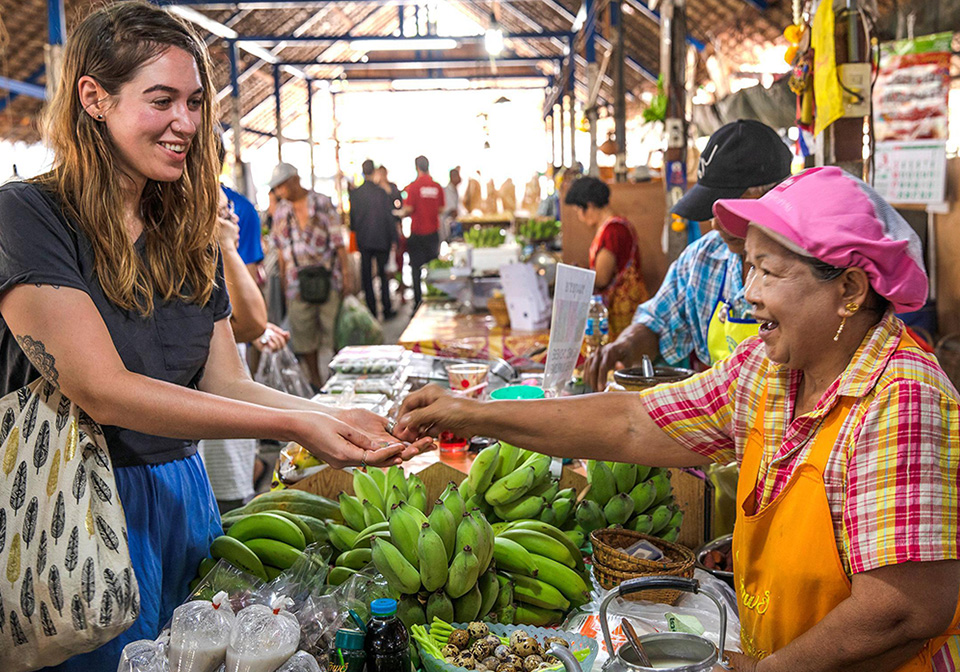
Be nice and patient
Though the ultimate goal is to get a fair price at the outdoor market for the items you like and save some money for your travel, you should always remain your attitude. As a matter of fact, nearly 100% of bargaining cases would be successful, if you know how it works and be nice, be patient to the sellers. If one seller is too rigid after a long time of negotiating, there are 2 options: You should walk away to find another shop or you should pay a little more to get the item at that shop. Remember not to be too serious or to lose your control of such a rigid seller.
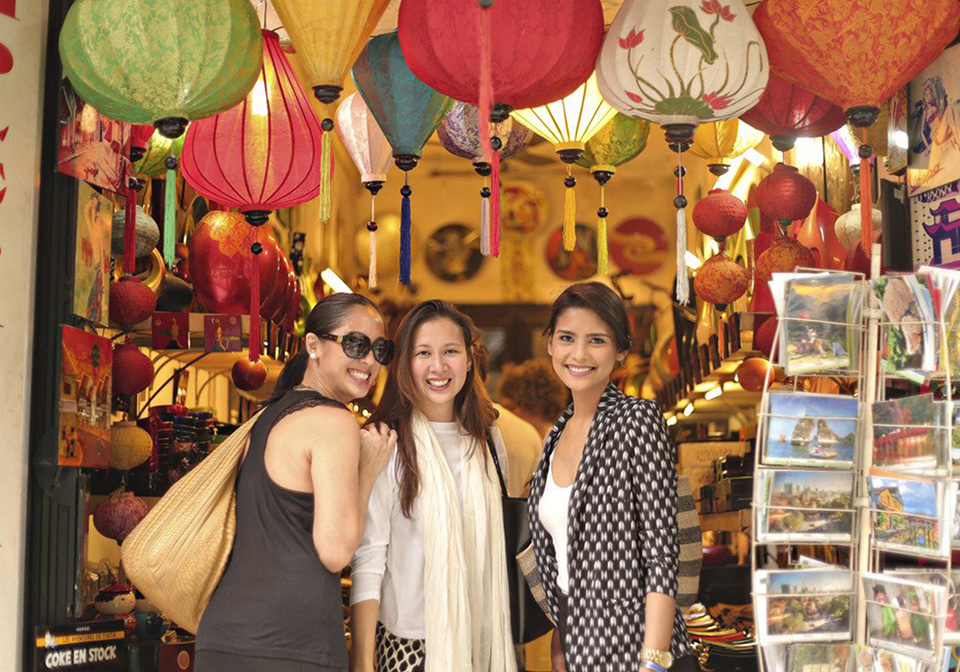
How to bargain in the markets?
This is the rule of thumb: Start to bid at 40 or 50% of the original prices. Then, you can gradually raise the price for 2 or 3 times and the fair price you can get is normally around 70 to 80% of the offered price. When doing the bargaining, despite that you are really into the products, you should not show your interest. If after 2 or 3 times of bidding, you can pretend to walk away or pretend to check and find out a fault in the product (although it is not true). In this way, the seller might agree with you.
Suggested Vietnam tours
Bargaining is not that hard if you are aware of the above hints. After trying a few times, I am sure you will become a master in bargaining in Vietnam as well as in Southeast Asia!
Minh Vu – Travel Specialist

